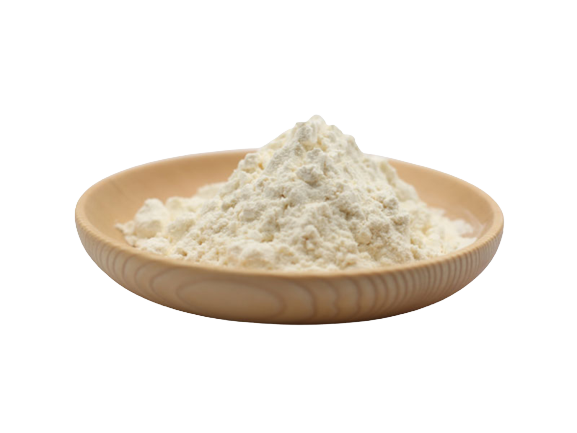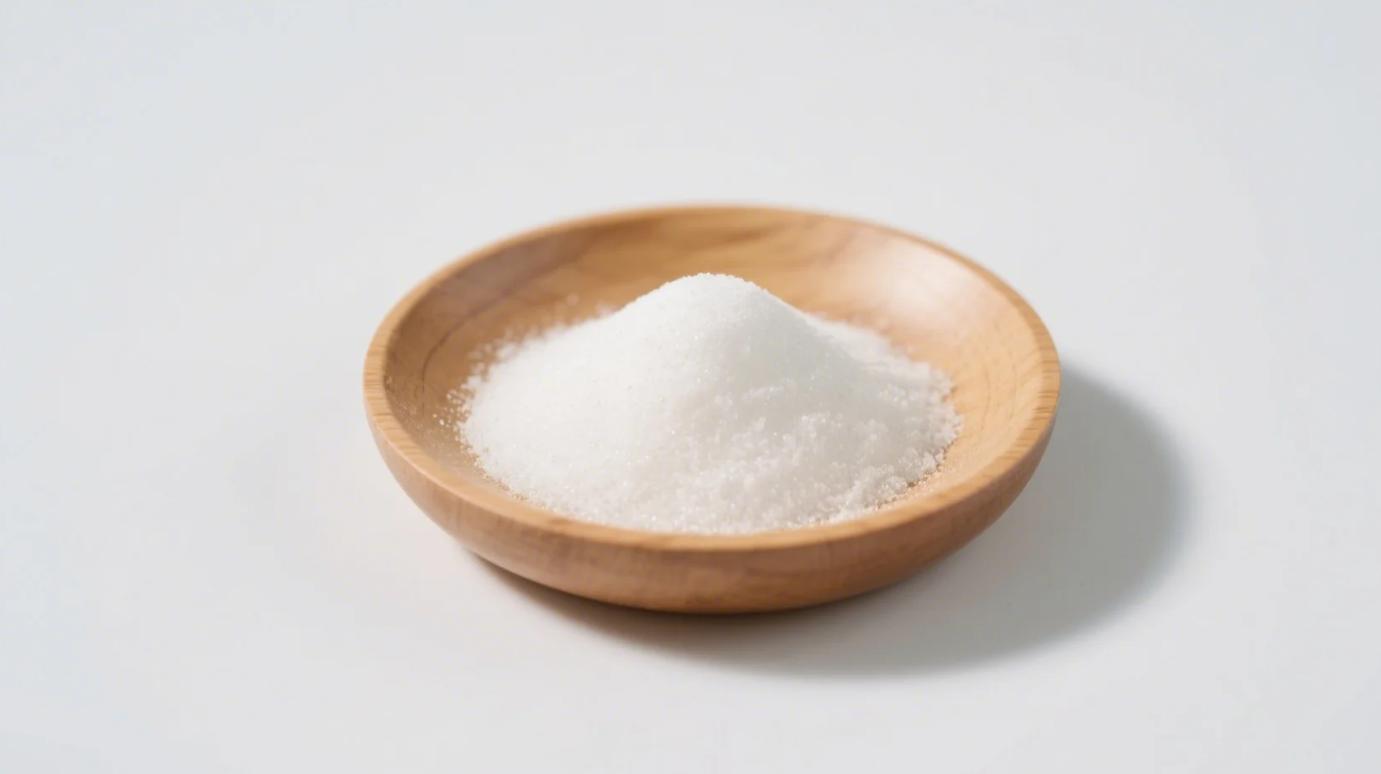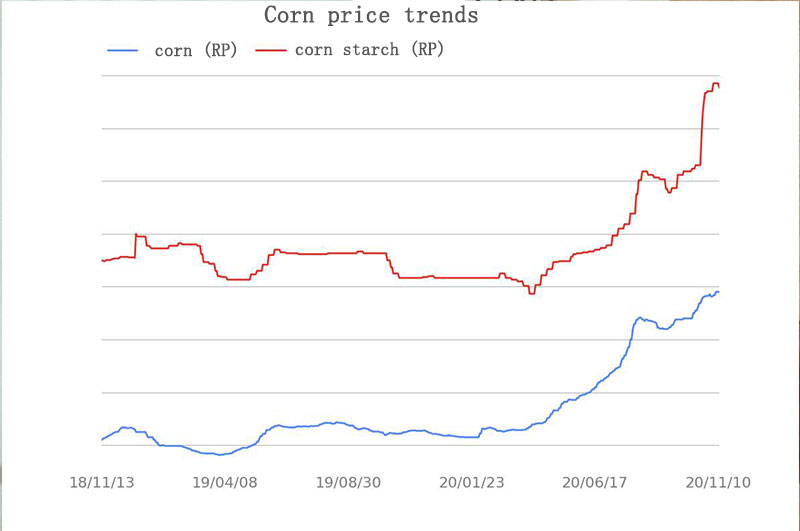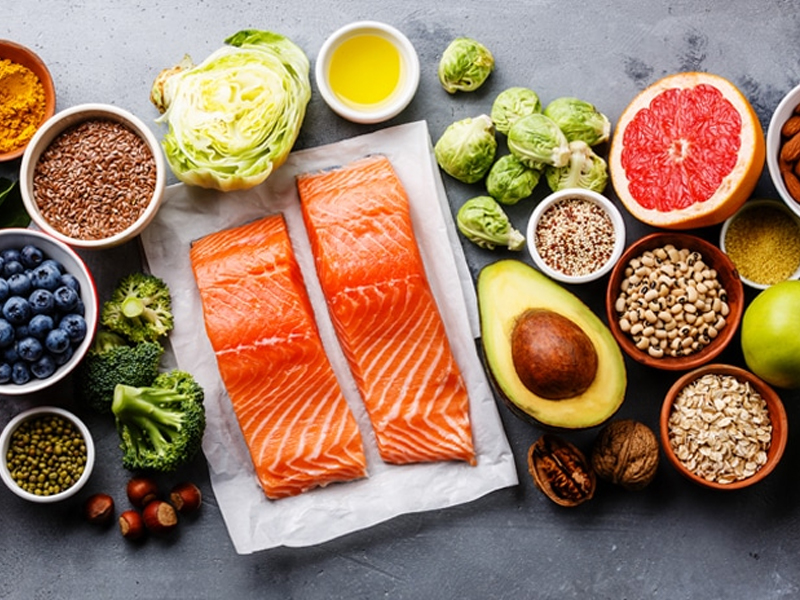In the world of zero-calorie sweeteners, organic monk fruit has emerged as a true game-changer. This small green melon, native to Southern China, has been used for centuries to sweeten foods and beverages naturally. Unlike sugar, its intense sweetness comes from antioxidant compounds called mogrosides, which pass through your body without affecting blood sugar or adding a single calorie.
If you’re on a keto diet, managing your blood sugar, or simply looking for a clean, natural sugar alternative, monk fruit is an ideal solution. But to use it effectively, it’s essential to understand the two main forms available: organic monk fruit powder and organic monk fruit extract powder.
Know Your Monk Fruit: Powder vs. Extract
The key difference between these two products lies in their concentration and composition.
- Organic Monk Fruit Powder (Whole Fruit Powder): This form is created by drying and grinding the entire monk fruit. It’s a whole-food product that contains fiber, vitamins, and a mild sweetness. Because it’s less concentrated, it adds bulk to recipes and has a subtle, fruity, almost caramel-like flavor.
- Organic Monk Fruit Extract Powder (Concentrated Extract): This is the most common form of monk fruit sweetener. It’s made by extracting and isolating the pure mogrosides, which are up to 250 times sweeter than sugar. This process removes the fruit’s pulp and fiber, resulting in a zero-calorie, highly potent sweetener with a clean, neutral taste. To make it easier to measure, it is often blended with other natural sweeteners like erythritol or allulose to mimic the 1:1 sweetness of sugar.
How to Use Monk Fruit for Perfect Sweetness
Using the right form of monk fruit is crucial for getting the results you want.
- For Baking: If your recipe relies on the bulk of sugar (e.g., cakes, cookies, and breads), use a blended monk fruit extract powder that is a 1:1 sugar replacement. This will provide the volume and texture needed. If you’re using whole monk fruit powder, remember it’s less sweet, so you may need to add more, and it will contribute a mild fruity flavor and fiber.
- In Beverages: For sweetening coffee, tea, smoothies, or other drinks, organic monk fruit extract powder is the perfect choice. It dissolves easily and provides pure sweetness without adding any volume, texture, or calories.
- For Sauces, Dressings, and Marinades: Both forms can be used, but with different results. Whole fruit powder will add a subtle sweetness along with a pleasant fruity note and a bit of thickness. The concentrated extract is best for when you need pure sweetness without altering the flavor profile of the dish.
- For a Sugar-Like Experience: The concentrated extract on its own can be difficult to measure due to its potency. Many people find that blending it with erythritol provides the perfect sugar-like taste, texture, and mouthfeel for all their recipes.
Dosage & Sweetness: A Quick Guide
Since the two forms have different sweetness levels, here’s a quick guide to help you find the right dosage.
- Whole Monk Fruit Powder: Because it’s the entire dried fruit, its sweetness is not as intense. You can often use it as a 1:1 replacement for sugar, but be prepared to adjust to your taste.
- Concentrated Monk Fruit Extract Powder: This is where you need to be careful. If you’re using a blended product (which is most common), follow the instructions for a 1:1 sugar replacement. If you have a pure extract powder, remember that just a very tiny pinch can be enough to sweeten a whole cup of tea.
Best Practices & Precautions
No matter which type of monk fruit you choose, following these best practices will ensure a safe and enjoyable experience.
- Check the Ingredient List: Always read the label. High-quality organic monk fruit extract is often blended with organic erythritol or allulose, which are excellent for health. Avoid products with artificial fillers or sweeteners.
- Store Properly: Monk fruit powder is hygroscopic, meaning it absorbs moisture and can clump. Store it in an airtight, sealed container in a cool, dry place.
- Monitor Your Reaction: While monk fruit is generally well-tolerated, some people may experience digestive discomfort with large amounts of sugar alcohols like erythritol. Start with a small amount to see how your body reacts.
- Consult a Professional: If you have diabetes or any health condition, always consult your doctor or a registered dietitian before making significant changes to your diet.
With its incredible versatility and clean profile, organic monk fruit offers a powerful way to enjoy the sweetness you love without any of the calories or glycemic impact. Are you ready to make the switch?
Related Products
Organic Monk Fruit Extract Powder
Zero-Calorie Natural Sweetener for Clean-Label Food, Beverage & Supplement Applications
Organic Erythritol Powder
Clean-Label Sugar Substitute for Food, Beverage, and Keto Products



